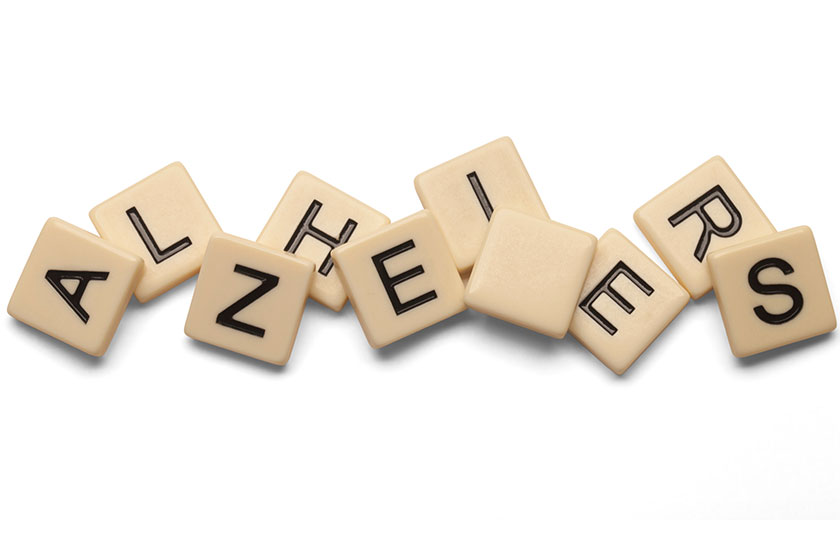Dementia is a general term that refers to the decline in mental ability that is severe enough to interfere with one’s daily life. The most common cause of dementia is Alzheimer’s disease. Alzheimer’s is a specific disease whereas dementia is not. Learning about these two different terms and how they are different from each other can help you get the right treatment for your older loved one so you can better manage their illness as a caregiver. Here is what you need to know about dementia vs. Alzheimer’s disease.
Overview of Dementia
Dementia refers to a set of symptoms that are linked to memory deterioration, poor reasoning skills, and a decline in other thinking abilities. There are many different forms of dementia and they can be caused by a variety of factors. Mixed dementia is when more than one type of dementia takes place concurrently and causes changes to the brain. Alzheimer’s disease is the main cause of dementia which accounts for at least 60 to 80 % of dementia cases. Dementia is not a normal part of aging. It is a result of damage caused to brain cells that can affect the patient’s ability to communicate, behave, think, and feel.
Causes of Dementia
You are more likely to develop dementia as you age and it happens when damage occurs to certain brain cells. Many conditions can lead to dementia such as Alzheimer’s, Huntington’s, and Parkinson’s. Other causes of dementia include the following:
- Vascular diseases
- Infections like HIV
- Depression
- Stroke
- Chronic drug use
Overview of Alzheimer’s
Alzheimer’s disease is a degenerative disease that affects the brain. It is a result of complex changes in the brain following cell damage. Alzheimer’s leads to symptoms of dementia which gradually worsen over time. The most common early sign of Alzheimer’s is having trouble remembering new information as the disease generally affects the part of the brain that is linked to learning.
As Alzheimer’s progresses, its symptoms become more severe and can include confusion, disorientation, and changes in behavior. Eventually, swallowing, speaking, and walking will become difficult. The greatest known risk factor of Alzheimer’s is increasing age but Alzheimer’s is not considered a normal part of aging. Most people who suffer from Alzheimer’s are aged 65 and above but approximately 200,000 Americans who are aged below 65 years old suffer from an early onset of Alzheimer’s.
Dementia vs. Alzheimer’s Symptoms
Both conditions can cause the following symptoms:
- Memory impairment
- A decline in thinking skills
- Communication impairment
Symptoms of Alzheimer’s
- Apathy
- Difficulty remembering recent conversations or events
- Impaired judgment
- Depression
- Confusion
- Disorientation
- Behavioral changes
- Difficulty swallowing, speaking or walking
Some forms of dementia will share the same symptoms but they may also include or exclude other symptoms depending on the diagnosis. Lewy body dementia displays the same later symptoms as Alzheimer’s but patients with this condition are more likely to showcase initial symptoms like difficulty in balance, visual hallucinations, and sleep disturbances. People with dementia that is caused by Huntington’s or Parkinson’s disease are more likely to experience involuntary movement during the early stages.







